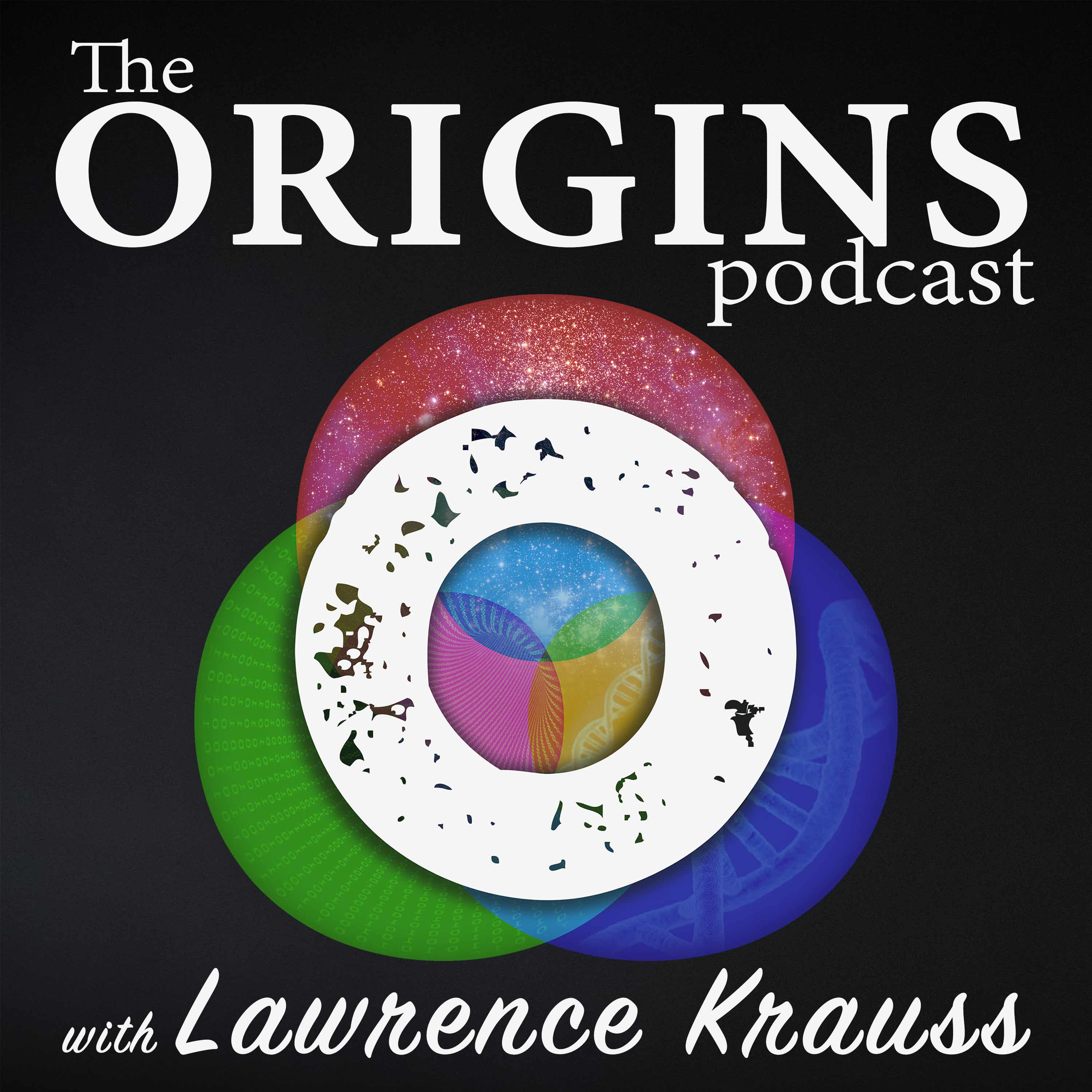Robert Sapolsky: The Illusion of Free Will
Description
I have been a fan of Robert Sapolsky’s for a long time. He is a creative force, with wide ranging knowledge, from primatology to neuroscience, and he is also a wonderful expositor of science. His previous book, Behave, was a wide ranging exploration of human behavior, at its best and worst. I have been wanting to do a podcast with him for some time, and the launch of his new book, Determined, gave us the opportunity. I got an advanced copy and we recorded this a few weeks ago, so that this podcast could post on the book’s publication date.
Had it been anyone else, I admit I wouldn’t have bothered to go through the book. I have long felt the issue of free will is overplayed. The laws of physics are deterministic, and since biology and chemistry are based on physics, I have never doubted that free will is an illusion, but have also felt that for all intents and purposes the world we live in is indistinguishable from a world with free will, so we should take responsibility for our actions.
As is often the case when reading Robert’s works, my view has now become more nuanced. His book masterfully discusses the neurobiology behind the illusion of free will, what actually interests me the most, and he effectively demolished claims of numerous philosophers, including Dan Dennett and others, that some magic occurs between the level of neurons and the level of the full brain that allows for some uncaused behavior.
Along the way, we are taken on a masterful and fun ride through modern neurobiology. And at the end, Sapolsky confronts the more serious question of crime and punishment in a world where free will is an illusion, and convincingly argues that in a world where bad luck early on gets multiplied throughout ones life, society can far more effectively and honestly deal with crime by abolishing the notion of punishment, replacing it with behaviorally more effective methods.
In our podcast, as we always do, we discussed Sapolsky’s origins. What got him interested in science. How did his 30 years working with primates impact on his view of humans, and more. I found it a fascinating discussion, and I hope you will too.
As always, an ad-free video version of this podcast is also available to paid Critical Mass subscribers. Your subscriptions support the non-profit Origins Project Foundation, which produces the podcast. The audio version is available free on the Critical Mass site and on all podcast sites, and the video version will also be available on the Origins Project Youtube channel as well.
Get full access to Critical Mass at lawrencekrauss.substack.com/subscribe
More Episodes
Charles Moxley Jr has spent over 35 years as a litigator in New York, in large and complex commercial, securities, insurance and other cases throughout the United States. He is perhaps the last person one might imagine could bring about the end of a continually proliferating international...
Published 11/04/24
Published 11/04/24
Heather Mac Donald is never one to back down from controversy, and that’s exactly what makes our discussions so engaging. She’s sharp, opinionated, and unflinching when it comes to tackling issues many prefer to avoid—whether it’s race, culture, or the idea of meritocracy in modern society. This...
Published 10/04/24


